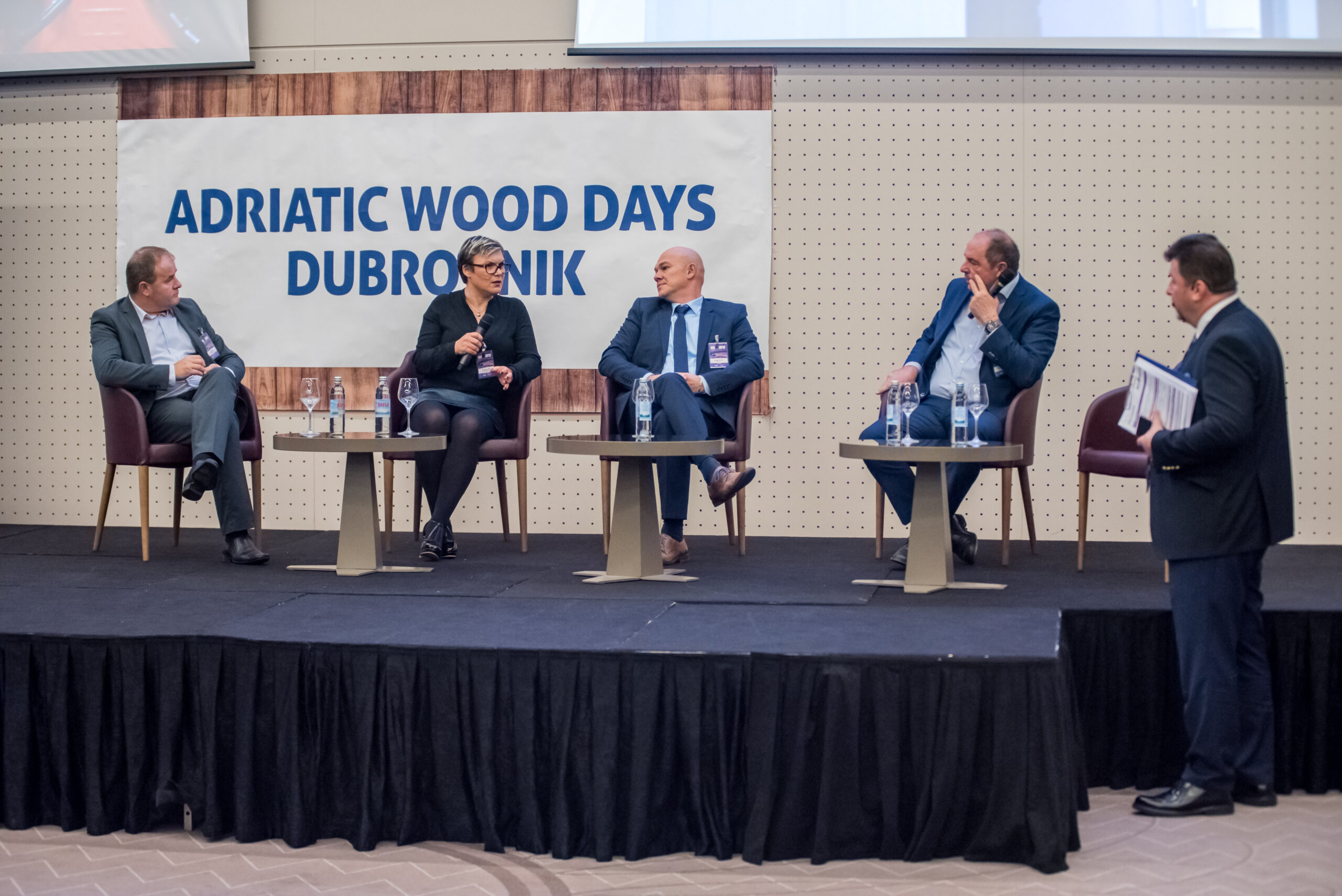Press Release
Danube Region Specifics: Cluster Policies Need an Integrated Approach
As generators of innovation, higher employment, and growth, clusters play an important role in the EU economy. Their role is emphasized in all EU macro-regional strategies, including the EU strategy for the Danube region which was launched in 2010. However, after nine years and numerous cluster projects, clusters of the Danube region still struggle with some common issues such as funding difficulties. Is there a way to jointly overcome the challenges?
Being the backbone of the EU economy, small and medium-sized enterprises need a structured and stabile support when it comes to their future development, which mostly depends on the intensity of the investment in research and innovation activities. On that way, they turn to clusters, seeking support to develop products and services which will ensure their competitiveness and sustainability. Clusters’ assistance to enterprises is based not only on offering customized services but also on having the support of the regional development strategies as well as national cluster policies. Exactly those were the topics of the international workshop, organized by the Working Group “Clusters and Regional Development”, which is established within the Priority Area 8 “Competitiveness of Enterprises” of the European Strategy for the Danube Region. The workshop was organized in Dubrovnik on 3rd of December 2019, and gathered over 50 participants, mostly clusters and stakeholders linked to the regional development, from the Danube regions and beyond.
Clusters of the Danube region struggle with some common challenges. In the past nine years, the European Strategy for the Danube Region has given a framework that led to several cluster projects. One of the unexpected but common results is a fact that in spite of the development of clusters, there are still challenges, which are mainly connected with the issues such as funding difficulties, the lack of long-term political commitment and awareness on the importance of the clusters’ role in the regional development.
Potential to become drivers of regional transformation processes is still not fullfiled. Regional development cannot be observed and planned as a process separate from the competitiveness of the local SMEs. Clusters can have a significant role in the process of the regional development, and show that they can deliver added value to the planning process as well as encourage local authorities to commit to a joint vision of the regional development.
Why do we need a strategy for strengthening the role of the clusters in the Danube region? In the past 9 years, the European Strategy for the Danube region has given a framework that led to several cluster projects. One of the unexpected but common results of those projects is a fact that in spite of the development of clusters in the Danube region in recent years, there are still challenges, which are mainly connected with the issues such as funding difficulties, the lack of long-term political commitment and awareness on the importance of the clusters’ role in the regional development. This is the reason why the Working Group launches the Initiative to develop a strategy for strengthening the role of the clusters in the Danube region. It’s main objective is to encourage clusters of the Danube region to play a more important role in developing a Danube Region Strategy which will put a focus on the issues which are specific for the Danube region, and which will support the embedding of its priorities in the national cluster policies of the Danube region countries. Full text of the Initiative…
Clusters need to constantly strengthen their internal capacities in order to be able to support the competitiveness of SMEs. As of November 15, the award of a Quality Label (BRONZE, SILVER or GOLD) is conditional on the set-up of the applying organisation and its listing on the European Cluster Collaboration Platform (ECCP). Moreover, both the Benchmarking Questionnaire and Benchmarking Report have been restructured and revised, i.a. by addressing key megatrends such as digital transformation, green transition and social economy. With the aim of reducing both costs and CO2 emissions, the revised system also includes a video-conferencing option for benchmarking interviews. More about ESCA…
Link to the photo gallery of the workshop..
Additional Information
About PA8 of EUSDR The main objective of PA8 is to support the competitiveness of enterprises and strengthen the capacities of SMEs for cooperation and trade, by fostering cooperation and exchange of knowledge between SMEs, academia and the public sector in areas of competence in the Danube Region. PA8 is also strongly focused on the improvement of the framework conditions and competitiveness of rural areas and in particular of the agricultural sector. PA8 is one of the three PAs of the pillar “Building prosperity in the Danube Region”. This pillar focuses on innovation, information society, competitiveness of enterprises, education, labour market and marginalised communities. The overall objective is to improve the prosperity of the Danube Region. This can be done by improved cooperation in order to reduce the pronounced divide across the Region in many of the fields covered by these actions.
Coordinators of the PA8: Dr. Judit Schrick-Scenczi () Ministry for Economic Affairs, Labour and Housing Baden-Württemberg, Schlossplatz 4 (Neues Schloss) – 70173 Stuttgart
Nirvana Kapitan Butković () Ministry of Economy, Entrepreneurship and Crafts, Ulica grada Vukovara 78, 10 000 Zagreb, Croatia
Contact persons/Organizers of the workshop: Ana Dijan, Croatian Wood Cluster () Coordinator of the Working Group “Clusters and Regional Development” (Priority Area 8 of the European Strategy for the Danube region)
More about WG „Clusters and Regional Development“…
In Zagreb, 5th of December 2019





